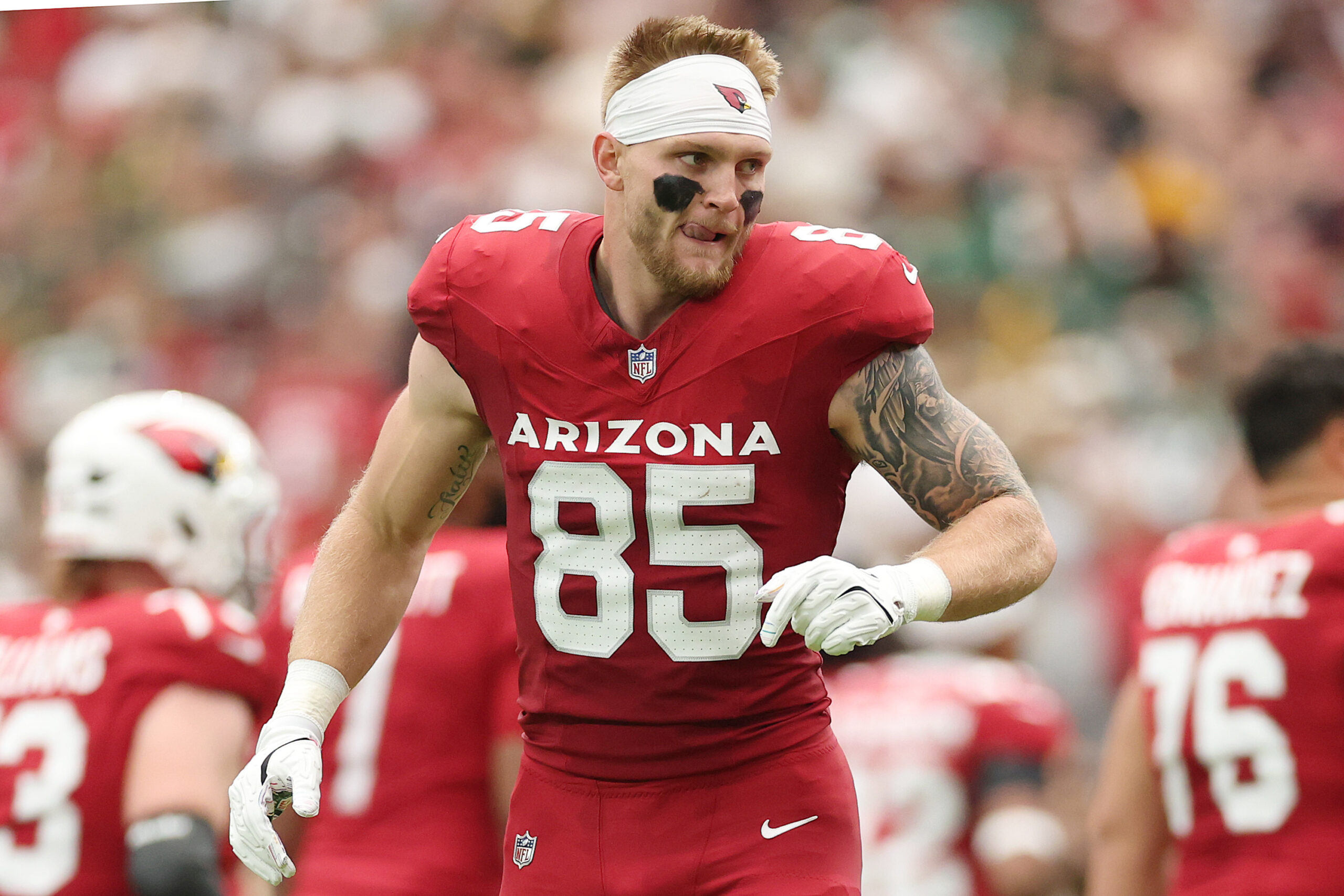Arteta’s Alarm Over Gyokeres Injury Mirrors Political Turmoil: Is Arsenal’s Future at Stake?
Arteta’s Alarm Over Gyokeres Injury Mirrors Political Turmoil: Is Arsenal’s Future at Stake?
Arsenal’s ongoing journey in the Champions League is fraught with challenges, and the latest concern is the injury of striker Viktor Gyokeres, who was notably absent for the match against Slavia Prague. Manager Mikel Arteta’s admission of his worries regarding Gyokeres’ condition has sparked a wave of speculation and debate surrounding the implications of this injury not just for the player but for the club’s aspirations on the European stage.
Injuries in football are not just physical setbacks; they can have profound psychological and strategic ramifications for teams. Gyokeres, who has been a pivotal figure in Arsenal’s attacking lineup, represents not only a goal-scoring threat but also a symbol of the club’s ambitions. His absence raises questions about the depth of Arsenal’s squad and their ability to cope with the rigors of top-tier competition.
The timing of Gyokeres’ injury is particularly critical. As Arsenal navigates the demanding fixtures of both domestic and European competitions, losing a key player can derail momentum and impact team morale. Arteta’s concern reflects a broader anxiety within the club about maintaining competitiveness in a league where injuries can be the difference between success and failure.
Historically, Arsenal has faced similar challenges. The club has a storied past filled with moments where injuries to key players have hindered their title aspirations. The infamous “Invincibles” season in 2003-2004 showcased a squad that managed to remain injury-free for the most part, but subsequent campaigns have been marred by injuries to crucial players, leading to disappointing finishes. The psychological impact of injuries can ripple through a squad, affecting not just the injured player but also their teammates, who may feel the pressure to compensate for the loss.
Arteta’s management style emphasizes a cohesive team dynamic, where every player has a role to play. The absence of Gyokeres could force Arteta to rethink his strategy, potentially leading to a more conservative approach in matches where the team would otherwise be expected to assert dominance. This shift in tactics may not only affect the immediate game plan but could also influence the club’s overall philosophy as they strive for consistency in performance.
Moreover, the financial implications of injuries cannot be overlooked. Arsenal, like many clubs, operates within a strict budget, and injuries to key players can lead to a decrease in performance, which in turn affects ticket sales, merchandise revenue, and sponsorship deals. The stakes are high, and the pressure on Arteta to navigate this situation effectively is immense. The club’s board will be watching closely, as the success of the team directly correlates with their financial health.
In the broader context of football, the conversation around player injuries has gained traction, especially in light of the increasing demands placed on athletes. The modern game is characterized by a relentless schedule, and the physical toll it takes on players is significant. Clubs are now investing in sports science and medical staff to mitigate these risks, yet injuries remain a common occurrence. Gyokeres’ situation serves as a reminder of the fragility of player fitness and the need for clubs to be prepared for such eventualities.
As Arsenal prepares for their next fixtures, the focus will undoubtedly be on how they adapt to the loss of Gyokeres. Will they turn to their youth academy for reinforcements, or will they explore the transfer market for a stopgap solution? The decisions made in the coming weeks will be critical in determining the club’s trajectory for the remainder of the season.
Arteta’s concerns echo a sentiment felt by many in the footballing community: the uncertainty that injuries bring can overshadow the excitement of competition. As Arsenal continues its Champions League campaign, the absence of Gyokeres could serve as a litmus test for the team’s resilience and adaptability. The outcome of this situation will not only shape the club’s immediate future but could also influence long-term strategies regarding player fitness, squad depth, and overall team philosophy.
Injuries are an inherent risk in football, and the challenge lies in how clubs respond to these setbacks. For Arsenal, the road ahead is fraught with challenges, and how they navigate the potential fallout from Gyokeres’ injury will be critical in defining their season and ambitions in Europe. The stakes are high, and the pressure is mounting as they seek to balance the demands of competition with the realities of player health.




Post Comment